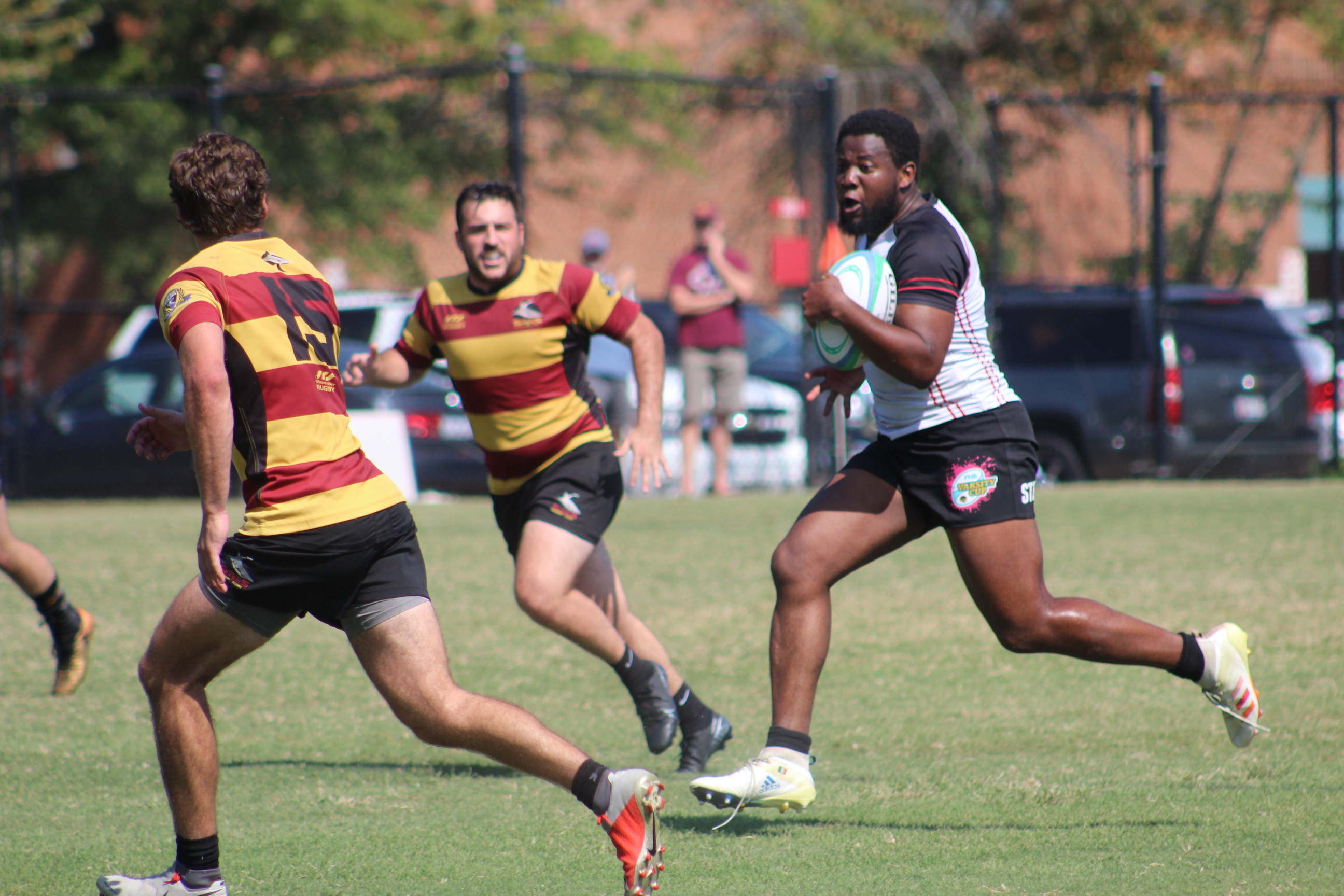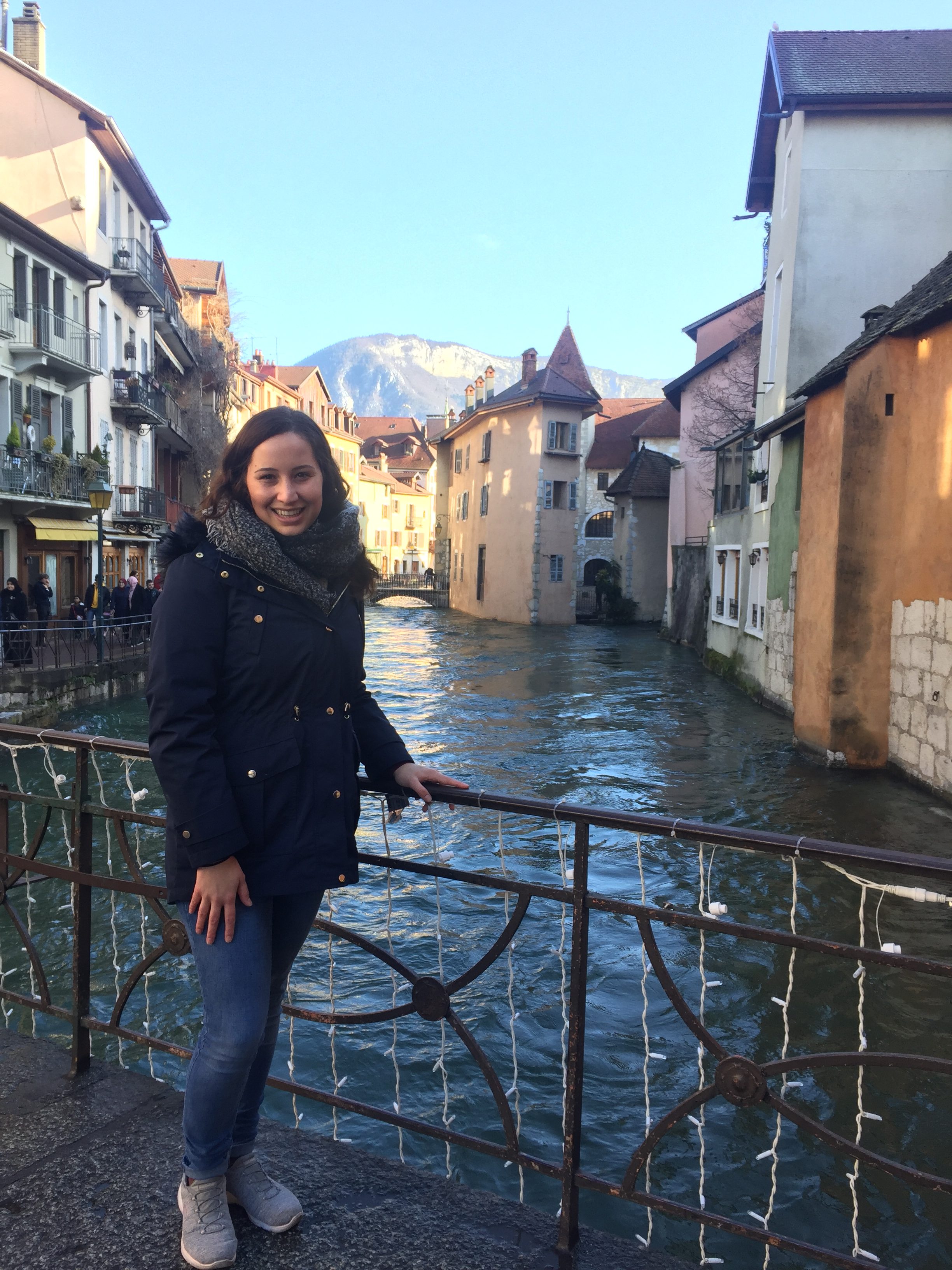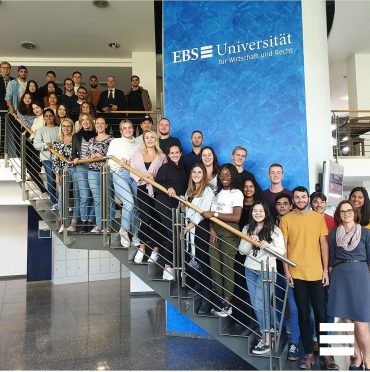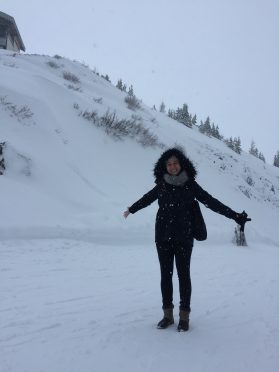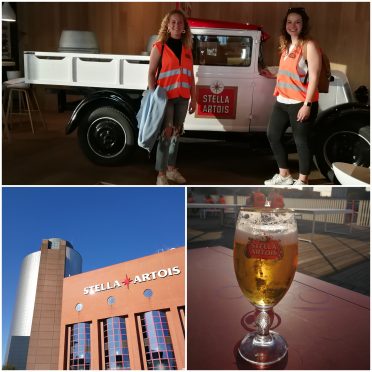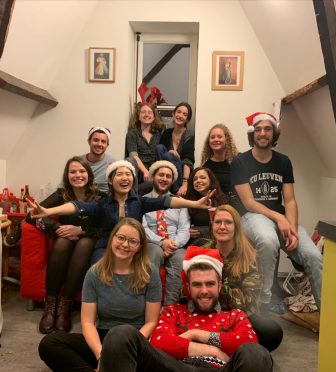Pre-departure:
The first time I heard the phrase “study abroad” was in high school and it was an exchange program between my high school and some English institutions. As far as I knew, you had to come from a particular socio-economic class in order for you to even consider taking part in one of these programs. This remained the case until a friend of mine went on the Stellenbosch University/North Carolina State University (NCSU) study-abroad exchange program and debunked all the misconceptions. I sat down with her and she broke everything down for me, giving me an accompanying Word document that had a stepwise rundown of the documents needed, the costs incurred and the various deadlines. I read through the document and it sparked my interest. I spoke to my supervisors about it and they advised me to apply for the opportunity. After looking at the available opportunities, I chose NCSU as my host institution and underwent the application process. The first phase of the application process is with Stellenbosch University International and after they accept you, they link you with your prospective host institution. This process requires patience because some people will hear the outcome of their applications earlier than others—do not be discouraged or concerned by this — chill, your time will come.
Upon receiving the acceptance letter, I was overwhelmed with all sorts of feelings—I was excited that I was going to get to be on another continent for four months but was also nervous because I didn’t know what to expect. The next step was completing the necessary documentation i.e. choosing the courses I was going to do at the host institution and getting them approved by my supervisors, getting passports & VISAS and getting the required shots, vaccines & immunisations. This process overwhelmed me at first but being in contact with my friend and Sarah Van Der Westhuizen allowed me to systemically go through that process document by document. I would advise anyone planning to go abroad to contact their predecessors and ask for their advice in advance. One thing I would do differently is to set up a schedule of when I was going to do what and what documents I was going to procure and submit when. Having a schedule makes things less stressful and it allows you to track your progress.
The pre-departure is probably the most critical aspect of the trip in terms of vigilance and promptness. My advice to students who will be participating in a study abroad program, would be to make use of the checklists provided by the international office and your host institution. Read all your emails, both from Stellenbosch and your host institution (once you’ve got your host institution email address setup). The best strategy would be to designate an hour or two, once or twice a week where you focus exclusively on study-abroad admin and documentation. The paperwork piles up as you get closer to the time of departure so try and do as much as possible, as soon as possible. The process can, at time, get overwhelming but always know that there are people who have the expertise, the capacity and the knowledge to assist you.
Experience at Host University:
If anything, people had told me about how different the academic program was going to be, so I already expected vast differences between the two systems. The NCSU lectures were a bit longer than your typical Stellenbosch, 50-minute, lectures with my shortest lecture, at NCSU, lasting 75 minutes. The “extra time” wasn’t felt as much because the lectures at NCSU were a bit more interactive than the ones back home which meant that classes felt shorter than the allocated time. The other difference in academic programs were the platforms of assessments. NCSU had quizzes, homework problems, assignments, tests, exams and even presentations—this allowed me to be able to apply myself in different ways in order to make up my semester mark. The content was no different and I would say the level of difficulty, in terms of coursework, is the same for both institutions; even though my NCSU marks far exceeded my Stellenbosch marks—granted that I was taking fewer modules, per semester, than I ever had to take. The lecturers have designated office hours where we can ask questions outside the classrooms while most Stellenbosch lecturers work on an “open-door policy” basis. In terms of the students; the classroom dynamics were, more or less, the same i.e. people avoided the front row seats, sat in the same spot the whole semester and there was always that one guy that always asked questions—which in this case was me.
Being a student leader and one who likes to fully engage and maximise autonomy within student governance—I naturally gravitated towards the extra-curricular activities offered on campus. I started off by attending the general council meetings to see which platforms I could occupy that would allow me to use my student voice and my expertise for progress. Several opportunities were presented to me, with the fact that I was only staying for a semester being the only limiting factor. I got involved in the general assembly meetings where we could engage on issues facing our various residences and advocate for pressing matters that could be addressed by the student body representing our residential area.
The NCSU international and study abroad offices hosted a few platforms that were specifically tailored for international students. One of these was the Study Abroad Think and Do Global Storytelling Competition which required participants to share their study abroad experience. What made the competition more challenging was the fact that we had to tell the story in two minutes, using six images; with each picture having a 20 second running time while being coherent with your story. There were seven contestants and three placings i.e. overall winner, runner-up and audience choice—of which I won the audience choice award.
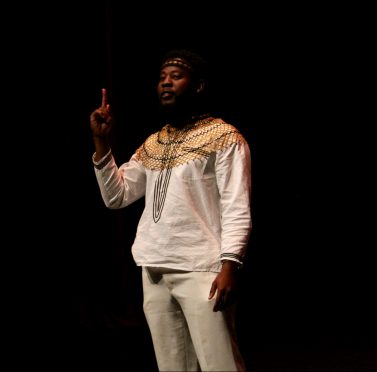
In order to expand the confines of my comfort zone, I got involved on the NCSU radio platform, WKNC, where we underwent a 9-week radio disk jockey training program and got to host our own radio shows. This platform not only allowed me to familiarise myself with disk jockeying but also taught me key lessons about marketing, media and entertainment. I got to meet some phenomenal people during my weeks on radio and was able to apply the skills learnt in other aspects of my life.
Return to Stellenbosch:
One would think that being in a different place, with different people and different cultures allows you to learn a whole lot about them. This is true but the irony is that, being with different people, allows you to learn more about yourself than you do about them. Being in a new place foregrounds your character and personality traits more. It also presented the opportunity to try out new things because there is no status quo expectations regarding what you can or cannot do. It was an opportunity for me to try out new things, make mistakes or make a fool out of myself while doing it. I decided to use the opportunity as a platform to pick up a new skill, challenge myself and to grow.
One aspect of it was the concept of being an international student and the challenges that came with it. Never having left the country for more than two weeks—I found myself having to explain myself more than I ever had to in my entire life;
“Where are you from?”
“You sound Australian, or is that a British accent?”
“We had an exchange student from Africa, his name is Innocent; from Congo—do you know him?”
These were some of the questions that I had to answer, and I had fun with some of them. We had luckily been warned about this in our pre-departure orientation, so it didn’t come as much of a shock. This experience did, however, open my eyes to some of the realities of living in a foreign country and the reality of xenophobia. Coming back to South Africa; I found myself being cognisant of the atrocity that is Afrophobia in all its shapes and forms—noticing the Afrophobic slurs used in my community and seeing how daily conversations contribute towards the perpetuation of stereotypes.
The experience has opened my mind up and broadened my aspirational horizon. It is often said that “you cannot be what you cannot see” and this experience not only allowed me to rub shoulders with industry pioneers, but it also exposed me to niche and specialised markets. I had thought about the possibility of working abroad prior to this experience but had never given too much thought to the details e.g. where I want to work, how long I’d want it to be, whether or not I’d want to raise a family there etc. This trip provided me with an imaginative canvas on which I could plot some of those logistical considerations and formulate a plan of some sort.
The experience abroad has also changed the way I relate with loved ones because, reflection and introspection enabled me to see what I valued most. When I got to North Carolina, I realised how busy I was at Stellenbosch because I, suddenly, had all this free time. I used this time to connect with family, friends and loved ones. I found that this time, though previously neglected, was necessary and I am now intentional on having it as part of my weekly routine.
